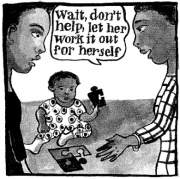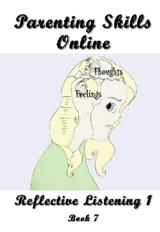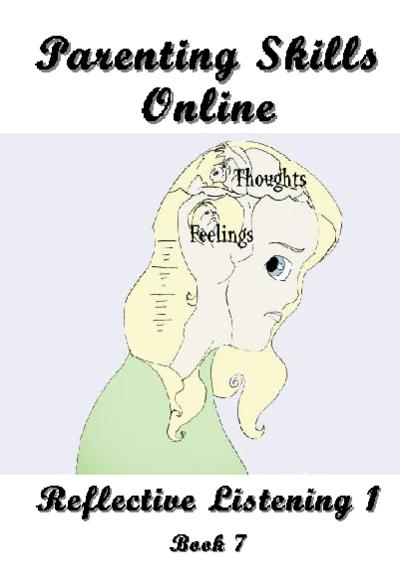 What is positive education?
What is positive education?
When considering your child’s education and their level of happiness, you may find the following of interest…
“Positive education is defined as education for both traditional skills and for happiness. The high prevalence worldwide of depression among young people, the small rise in life satisfaction, and the synergy between learning and positive emotion all argue that the skills for happiness should be taught in school. There is substantial evidence from well controlled studies that skills that increase resilience, positive emotion, engagement and meaning can be taught to schoolchildren.” From Positive education: Positive psychology and classroom interventions by Martin E.P. Seligman, Randal M. Ernst, Jane Gillham, Karen Reivich, and Mark Linkins.
http://www.authentichappiness.sas.upenn.edu/newsletter.aspx?id=1551


